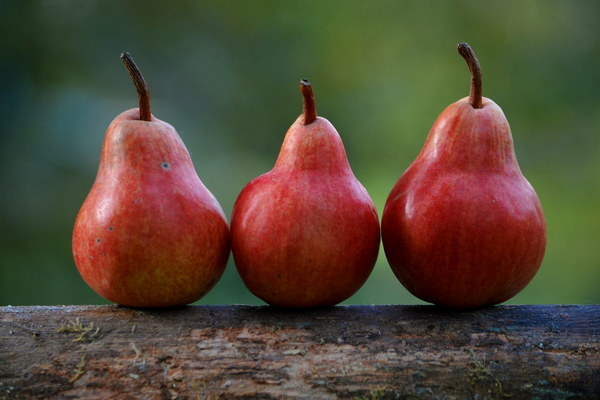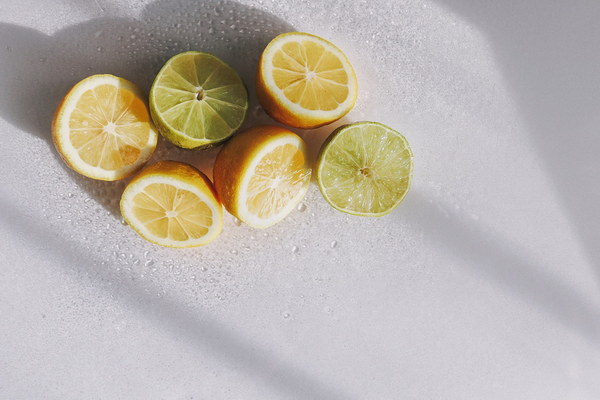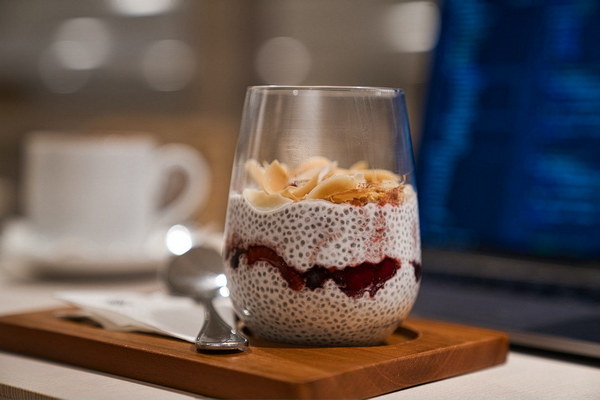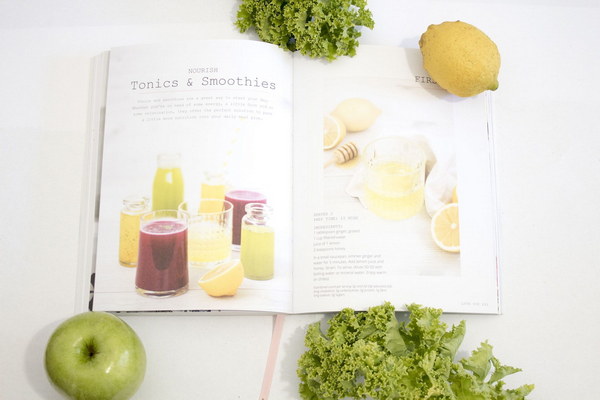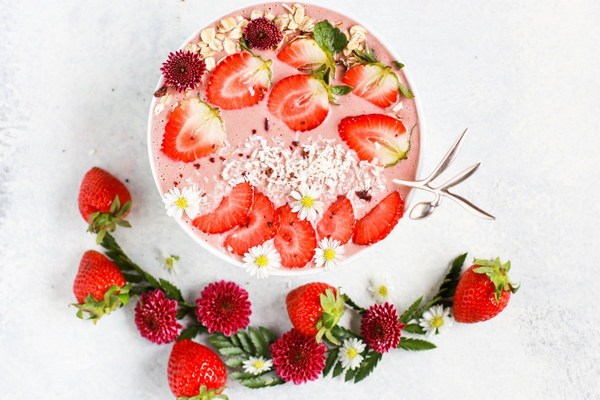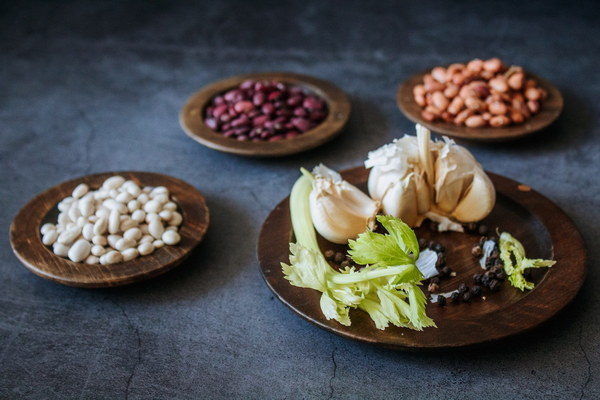Unveiling the Key Ingredients for Effective Anti-Aging Skincare
In the pursuit of youthful skin, the quest for effective anti-aging ingredients has become a top priority for many skincare enthusiasts. The market is flooded with products promising to turn back the hands of time, but not all ingredients live up to their claims. This article delves into the essential components that truly contribute to effective anti-aging skincare.
1. Retinoids: The Gold Standard in Anti-Aging
Retinoids, such as retinol and retinaldehyde, are derivatives of vitamin A and have been proven to be effective in reducing the appearance of fine lines, wrinkles, and acne scars. They work by accelerating cell turnover, promoting the production of collagen, and increasing skin elasticity. It's important to use retinoids under the guidance of a dermatologist, as they can cause irritation and sensitivity in some individuals.

2. Vitamin C: A Powerful Antioxidant
Vitamin C is a potent antioxidant that combats free radicals, which are unstable molecules that can damage skin cells and accelerate aging. This vitamin also helps to brighten the skin, even out skin tone, and protect against UV damage. Topical vitamin C can be found in various forms, including L-ascorbic acid, magnesium ascorbyl phosphate, and sodium ascorbyl phosphate.
3. Hyaluronic Acid: The Ultimate Moisturizer
Hyaluronic acid is a natural substance produced by the body that helps to maintain skin hydration. As we age, our skin's ability to retain moisture decreases, leading to dryness and fine lines. By incorporating hyaluronic acid into your skincare routine, you can improve skin hydration, plumpness, and reduce the appearance of wrinkles. This ingredient is suitable for all skin types and can be found in serums, moisturizers, and masks.
4. Peptides: The Building Blocks of Collagen
Peptides are short chains of amino acids that help to stimulate the production of collagen, a protein responsible for maintaining skin elasticity and firmness. As we age, collagen production decreases, leading to sagging and wrinkles. Topical peptides can penetrate the skin and encourage the body to produce more collagen, resulting in a more youthful appearance. Look for products containing matrixyl, palmitoyl oligopeptide, and acetyl hexapeptide-8.
5. Green Tea: A Natural Anti-Inflammatory
Green tea is rich in antioxidants, particularly epigallocatechin gallate (EGCG), which has been shown to reduce inflammation and protect the skin from UV damage. Regular use of green tea-based products can help to prevent premature aging caused by inflammation and oxidative stress.
6. Niacinamide: The Universal Skin Brightener
Niacinamide, also known as vitamin B3, is a multitasking ingredient that can improve skin texture, reduce the appearance of pores, and even out skin tone. It works by increasing ceramide production, which helps to maintain the skin's barrier function. Niacinamide is suitable for all skin types and can be found in serums, moisturizers, and treatments.
7. Coffee Bean Extract: The Natural Exfoliant
Coffee bean extract is a natural exfoliant that helps to slough off dead skin cells, revealing a smoother, more radiant complexion. It also has anti-inflammatory properties that can soothe irritation and reduce the appearance of redness.
In conclusion, incorporating these key ingredients into your anti-aging skincare routine can help you achieve youthful, healthy skin. However, it's essential to remember that skincare is a personal journey, and what works for one person may not work for another. Consult with a dermatologist to determine the best products and ingredients for your skin type and concerns.
